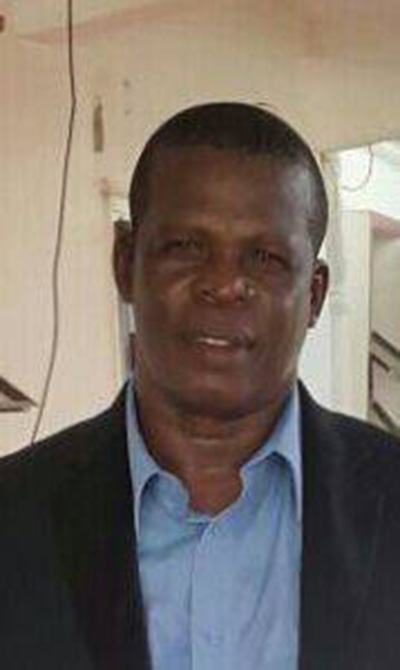With a number of foreign oil and gas companies seeking environmental control and waste service providers for their operations here, local firm Cevons Waste Management Inc is moving to position itself to meet their needs while also advocating for national policy to include provisions to aid those that lack industry experience.
“We have been trying to do everything possible to position ourselves for the upcoming oil and gas sector as we continue to expand,” Chief Executive Officer of Cevons Waste Management Inc Morse Archer told Sunday Stabroek.
“We are starting from a position of zero in that area, but we are willing to invest and we feel that the environment must be created to allow people like ourselves, who have the local knowledge, to bring that local knowledge to international standards. The only way we can do that is if there is some system, some policy, which allows us to be even minor players,” he added.
With over two decades of experience in providing garbage and septic disposal services, Archer said that his company was looking to “branch out” into other areas and waste water treatment was in its immediate plans.
He is currently in discussions with a number of foreign companies, which have experience, as he hopes to partner in waste management for the oil and gas sector.
But Archer also desires a policy framework or agreement with the oil and gas companies here where locals would be given the opportunity to be beneficiaries of the transfer of knowledge through either partnerships or training.
The third draft of Guyana’s Local Content Policy is completed and has been made public for feedback. It has received mixed reviews from the private sector, with some hailing the proposed measures to ensure that Guyanese benefit from the oil and gas sector, while others say more needs to be done.
Archer said that he has not read the local content policy in its entirety but doesn’t have to in order to know that most Guyanese want it to cater for the needs of locals who are entering unknown territory in the oil and has sector. “I believe that the local content policy must be such that it must be accommodating to small companies to learn and allow for them to participate in the industry. Some protection has to be in there to allow us to bring up our standards to what is needed so that we can participate,” he added.
Archer said that the onus is also on locals to invest in the sector. He pointed to a recent advertisement by TechnipFCM, which sought expressions of interests from companies to provide a number of services, including collection, treatment and disposal of oil, water and other waste products.
According to the advertisement, which appeared in the September 18th edition of the Stabroek News, TechnipFCM prefers in-country services for a number of contracts. These include the collection, treatment and disposal of oily rags, empty chemical container, oil water and other waste.
The company is also looking for the supply and maintenance of its sewage treatment systems, general trash collection and fuel supply services for onsite generators, among other services.
“For ongoing projects in Guyana, TechnipFCM will be providing deep-water trees (EVDTs), tooling, manifolds, controls and tie-in equipment. As a result of our commitment to the development of the people and utilisation of the resources in the countries where we operate and to support our current and future operations in-country, we are inviting companies to submit an Expression of Interest (EoI) for the upcoming opportunities in the area(s), as listed below. The supply service(s) would be performed in Guyana on an as-needed basis,” the advertisement stated.
Interested companies were required to register with the Centre for Local Business Development (CLBD) and show proof of that registration when submitting the EoI.
As part of its EoI submission, interested companies were also required to provide details on their in-country resources, such as key personnel, key equipment and key current facilities.
Archer said that his company is preparing to submit its EoI and notes that more companies need to push for the same local content while also allowing for inexperienced companies to build capacity simultaneously.
Reflecting on an experience last year which left him and employees from another waste management company feeling embarrassed, Archer told the story of how he was invited by a Trinidadian-owned company to tour its facility, only for it to be cancelled at last minute. “Our worker felt so embarrassed that he hung his head and left,” he added.
He informed that Cevons is interested in water waste management and submitted a proposal to the Environmental Protection Agency (EPA) last year.
While the wait has been long, he said that he is encouraged that the agency is taking its time to ensure proper due diligence as the area of waste management is a serious one and requires strict oversight.
In this regard, he informed that the land that the company has already secured for the project is in no way located near to any residential areas.
While not wanting to divulge “too much because of confidentiality clauses with potential partners,” Archer has assured that his business will meet all necessary environmental and other codes and regulations.






